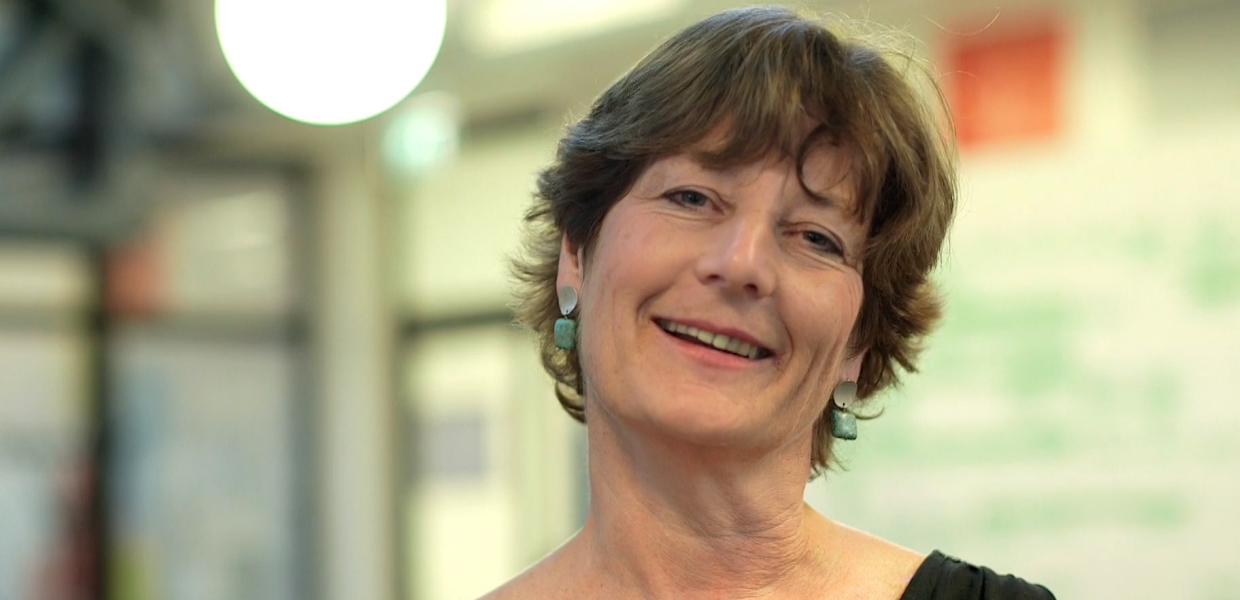Open culture feeds our souls and a stable Europe - do you agree?
Continuing our mini series on 'open culture', with an interview with Jill Cousins, Executive Director of the Europeana Foundation.

- Title:
- Video still from 'What is open culture? Interview with Jill Cousins'
- Creator:
- Europeana
- Date:
- August 2017
- Copyright:
- CC BY-SA
In our first blog, we found out what Europeana Network Association members think about the topic of open culture. Now let’s hear from the person who’s been at the helm of Europeana since its very beginning. Here’s Jill Cousins, Executive Director of the Europeana Foundation, on why open culture is always in her heart and mind.
What is open culture? Interview with Jill Cousins from Europeana on Vimeo.
What does open culture mean to you? Tweet us @europeanaeu with #openculture
This video formed part of a global perspective on open culture that we presented with the Open Education Consortium on the Year of Open website in September.
Video transcript:
Open culture is important to me for many reasons, probably mainly because I really do believe that it has the power to transform the world. I think Jean Monet, one of the architects of the European Union, was right when he was looking back and he said, ‘If I had to do it again, I would start with culture’. It feeds, from my point of view, our souls and creativity, which will lead to wealth creation and a stable Europe. And the more we understand of each other, the better we can work together.
The original purpose of Europeana was to showcase Europe’s patrimony, to prevent an Anglicization of the web and to do this and to do it across borders, the material has to be open. For it to be able to work in education, in the creative industries or in research, it needs to be unfettered by secondary rights, if you like. Not those of the original creator anyway. Some things in copyright should be respected by means of paying the creator but adding more rights because you are the holding institution of the material adds a barrier to access.
I’d like the future of open culture to be that we make sure every child in every school was able to access it. They are the creators of our future so rich inspiration will produce rich imaginations. And more Leonardo da Vincis, Mozarts, Baudelaires and the like. But we need to make the world of education aware that there is this incredible, rich resource available to them and in reverse, we need to make sure that the cultural heritage institutions are responding to the needs of the world, and particularly, those of education.

